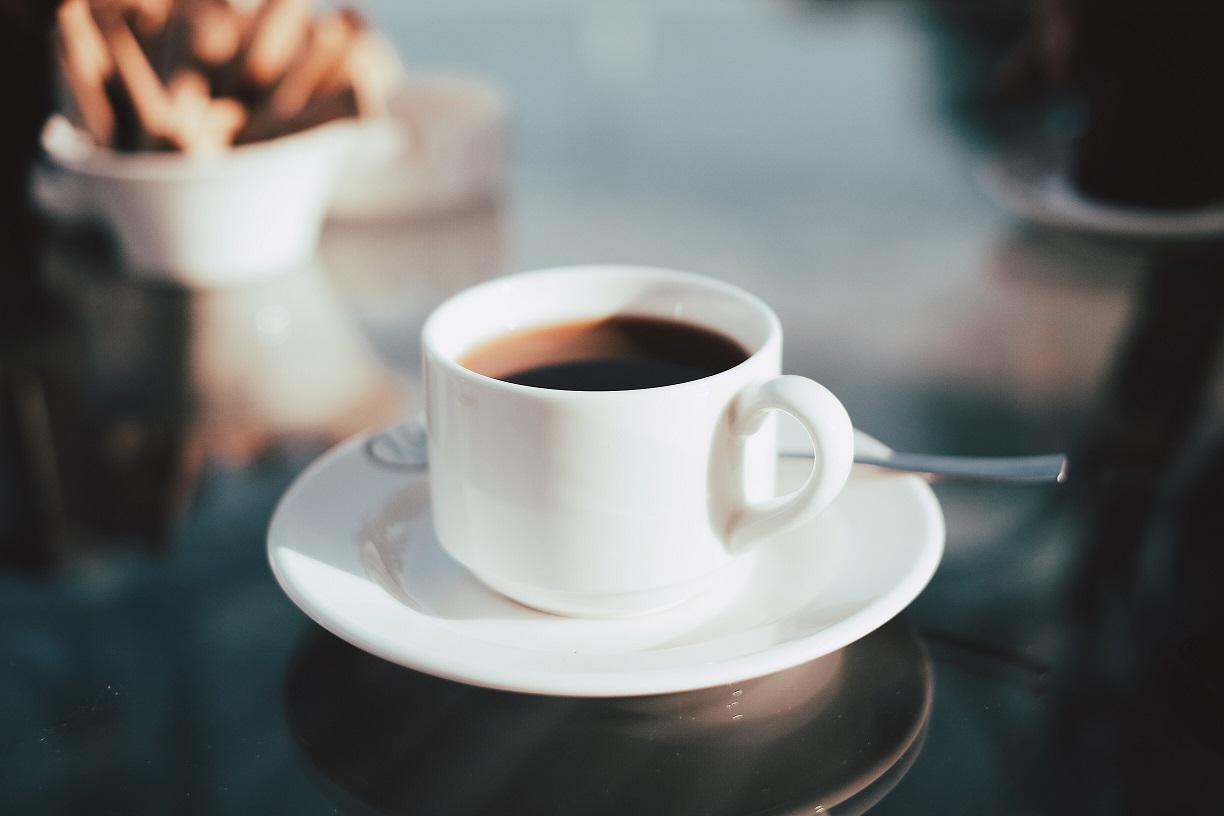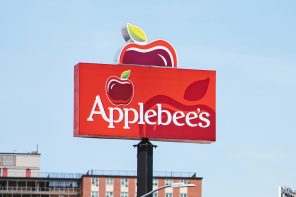The India hot drinks sector is expected to grow from US$9.1bn in 2019 to US$13.3bn in 2024, at a compounded annual growth rate (CAGR) of 9.9%, according to GlobalData, a leading data and analytics company.
Growing social media exposure among Indian consumers is driving their willingness to try and experiment international coffee blends which are expected to drive the hot drinks sector growth in the country.
GlobalData’s report, ‘India Hot Drinks - Market Assessment and Forecasts to 2024’, reveals that ‘hot tea’ was the largest category with value sales of INR493.2bn (US$7bn) in 2019. However, the other hot drinks category is projected to register the fastest value growth at a CAGR of 12.3% during 2019–2024 and is followed by hot coffee and hot tea categories with CAGRs of 11.4% and 9.4%, respectively.

“Primarily a tea-drinking country, India is seeing emergence of a new coffee preferring consumer base in the urban centres, thanks mainly to the ever-rising popularity of café culture,” commented Anchal Bisht, Consumer Analyst at GlobalData.
“While conventional espressos, lattes and cappuccinos still remain the top choice among the frequenters, novel varieties also displaying healthy growth. Introduction of premium blends and authentic variants from coffee-growing nations in off-premise channels in parallel to growing awareness due to strong social media presence is driving retail sales.”
Convenience stores held the largest value share of 43 percent in the Indian hot drinks distribution channel in 2019 while on-trade transactions held a share of 25.9 percent in the same year.
The value share of India in the global hot drinks sector is expected to increase from 4.4 percent in 2019 to 4.9 percent by 2024 similarly, the country’s share at the regional level is expected to rise from 11.3 percent in 2019 to 11.4 percent by 2024.
Unilever, Tata Sons Limited and GlaxoSmithKline were the leading companies in the Indian hot drinks sector. Nescafé is the leading coffee brand while Tata Tea is the top-selling brand in the tea category. Private labels registered a low-value share of only 2.7 percent in the overall hot drinks sector in 2019.
“The dominant hot tea category is not static either. Manufacturers’ bid to capitalize on the growing health consciousness has been inundating the market with products incorporated with traditional ingredients with health claims which are finding a growing audience,” concluded Bischt.
“In parallel, green tea, herbal tea and other specialty teas have found a new cult following among a rising consumer base due to their perceived health benefits, providing new lease of life to the category.”






